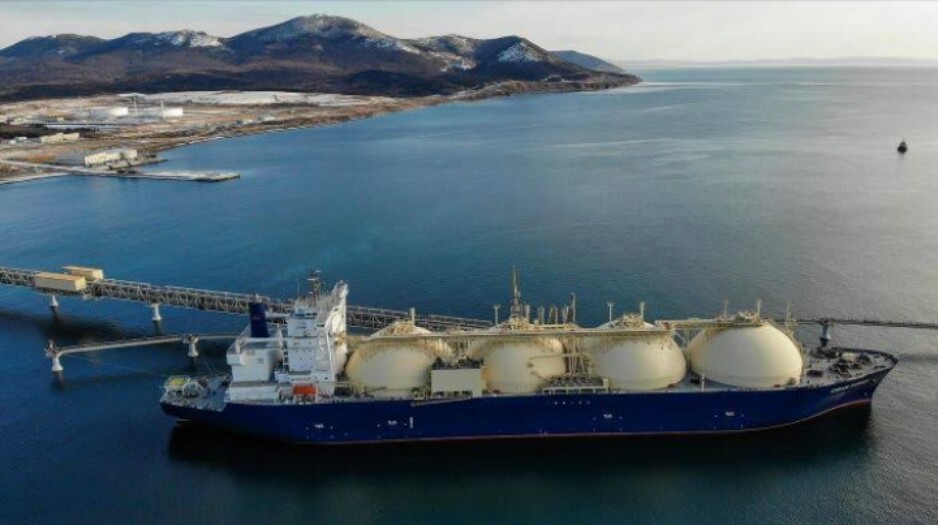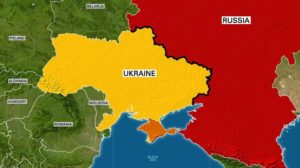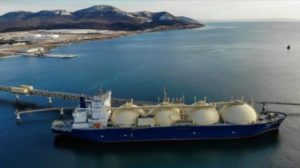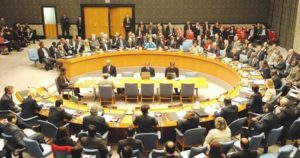Tel Aviv, MINA – Israel is increasing natural gas production with the aim of striking a deal with Europe in the coming months as the continent seeks to replace supplies from Russia.
Israel in the next few years is trying to double production to around 40 billion cubic meters (bcm) from just 20 bcm by expanding current projects and looking for new fields, said Lior Schillat, Director General of Israel’s Ministry of Energy, as quoted by MEMO on Tuesday.
Israel currently supplies its own market and through a local network of pipeline exports to neighboring Egypt and Jordan, most of the additional gas goes to Europe.
“The hope is to create a work process relatively quickly and over the summer to reach a framework agreement,” said Lior Schillat, during a recent visit to a drill ship at Karish, a gas field some 90km off the coast of Israel that will begin operations in the end of this year.
Also Read: Hundreds Rally in Stockholm to Condemn Israeli Attacks and Ceasefire Violations in Gaza
The agreement in question, said Schillat, is usually first reached between the government and then finalized in the private sector. Realistically this would help Europe no sooner than 2024, he said, without specifying which countries or groups could potentially be involved.
Choosing a supply route is a challenge that requires navigating regional politics, but one option is to export to Europe via a liquefaction plant in Egypt and then funnel it northward via a pipeline that is in various stages of planning.
A floating liquefied natural gas (FLNG) facility also under discussion would allow shipments to Europe directly from Israel.
Other possibilities include the proposed Eastmed pipeline, an ambitious and expensive project that would link the gas fields to mainland Europe, or a shorter pipeline to Turkiye.
Also Read: Mass Protests Erupt in Bologna Against Israeli Teams Ahead of EuroLeague Match
Because of the war in Ukraine, Europe is looking for a way to cut energy supplies from Russia, which provides about 40 percent of its natural gas. Russian shipments last year amounted to about 155 bcm.
Israeli gas will help diversify Europe, along with supplies from other countries such as the United States and Qatar. (T/RE1)
Mi’raj News Agency (MINA)
Also Read: UN Warns of Rapidly Worsening Humanitarian Crisis as Over 100,000 Flee Violence in Sudan






































 Mina Indonesia
Mina Indonesia Mina Arabic
Mina Arabic